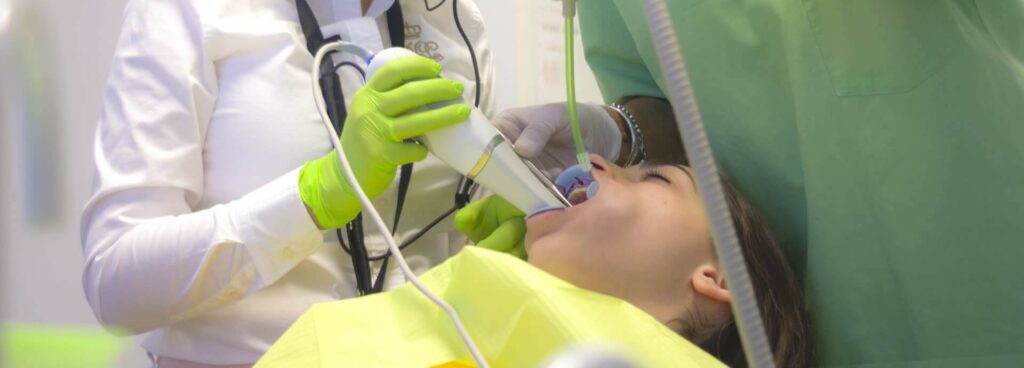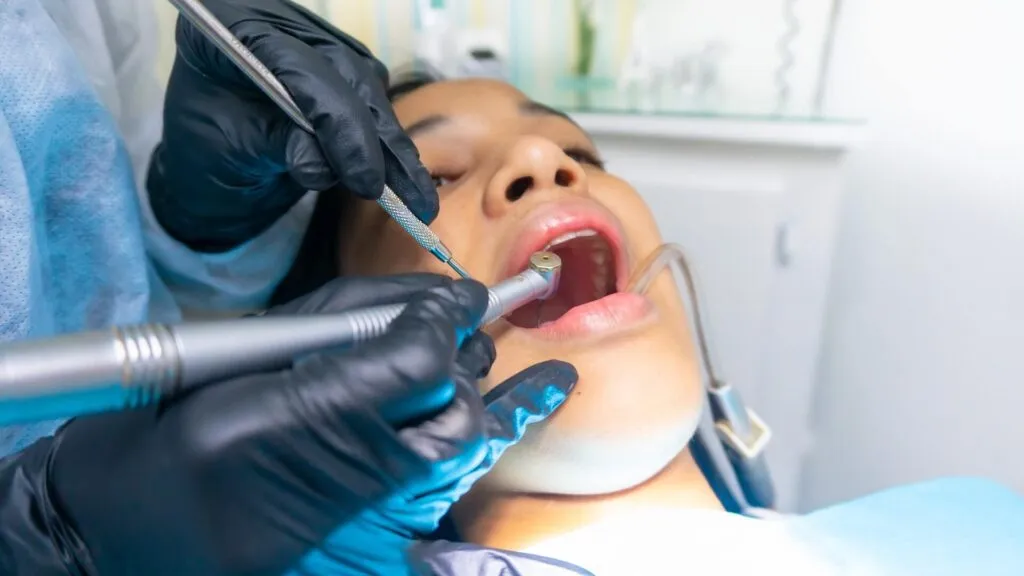What Is Oral Surgery?
Oral surgery is an ubmrella term that includes any cutting, or extracting of the structures within the mouth.Many people assume that if they don’t experience any major problems with their teeth, then they don’t need to visit the dentist. Unfortunately, this isn’t always the case.
Signs You Need Oral Surgery
- You have a tooth that’s been bothering you for a while, but you didn’t think it was worth getting examined by a doctor because you assumed it was just a minor pain.
- You consistently experience problems eating certain types of foods or drinking liquids because your teeth are uncomfortable when biting down on them.
- You frequently suffer from TMJ (temporomandibular joint) pain, which is a type of pain that originates in the jaw and is caused by abnormal movement of the temporomandibular joint (TMJ).
- If any of these signs are present, it would be best to see your dentist for an examination to determine if you need any oral surgery done.

How do I prepare for oral surgery?
Here are five tips:
- Make a list of the surgery and its associated risks.
- Prepare a budget. Oral surgery can be expensive, so it’s important to know how much money you’ll need to save up for the procedure.
- Make sure you have all your medical documents ready. Your surgeon may require proof of your health conditions, including any dental work you’ve had in the past.
- Get plenty of rest before the surgery. You’ll need to be rested and well-hydrated for the operation, which can be a strenuous experience.
- Arrange for transport to the hospital after your surgery. If you have any special needs, such as needing assistance getting around or needing care during recovery, make sure to notify your doctor or surgery center ahead of time.

What are the risks of oral surgery?
Oral surgery is a common procedure, but it’s also one that carries risks. Before you go under the knife, it’s important to know what those risks are.
Here are some of the most common:
Permanent tooth loss
Oral surgery can cause permanent tooth loss in up to 50% of cases. If you have an oral cavity filled with teeth, a chunk of bone may be removed during surgery. This can lead to tooth loss and a need for a new set of dentures.
Infection
Oral surgery can also lead to infection if the wrong type of bacteria gets into your bloodstream following surgery. This can result in serious health complications, including sepsis (a life-threatening infection).
Scarring
Oral surgery leaves scars that can be difficult to conceal (especially if you have a receding hairline or a prominent jawline). These scars may also cause pain and discomfort when you eat or drink.
Loss of facial features
Oral surgery can also cause facial features to lose their contour, which can result in an overall look of disfigurement.
Inability to speak or chew
Many Oral Surgery patients experience difficulty speaking or chewing following surgery. This can be due to the surgery’s effects on the soft tissues in the mouth (such as the tongue and lips) or due to damage to the oral nerve.
Impaired breathing
Minor complications during oral surgery (such as bleeding, infection, and swelling) can lead to impaired breathing. If this happens, you may need to go through a lengthy hospitalization or undergo additional surgery to correct the issue.
